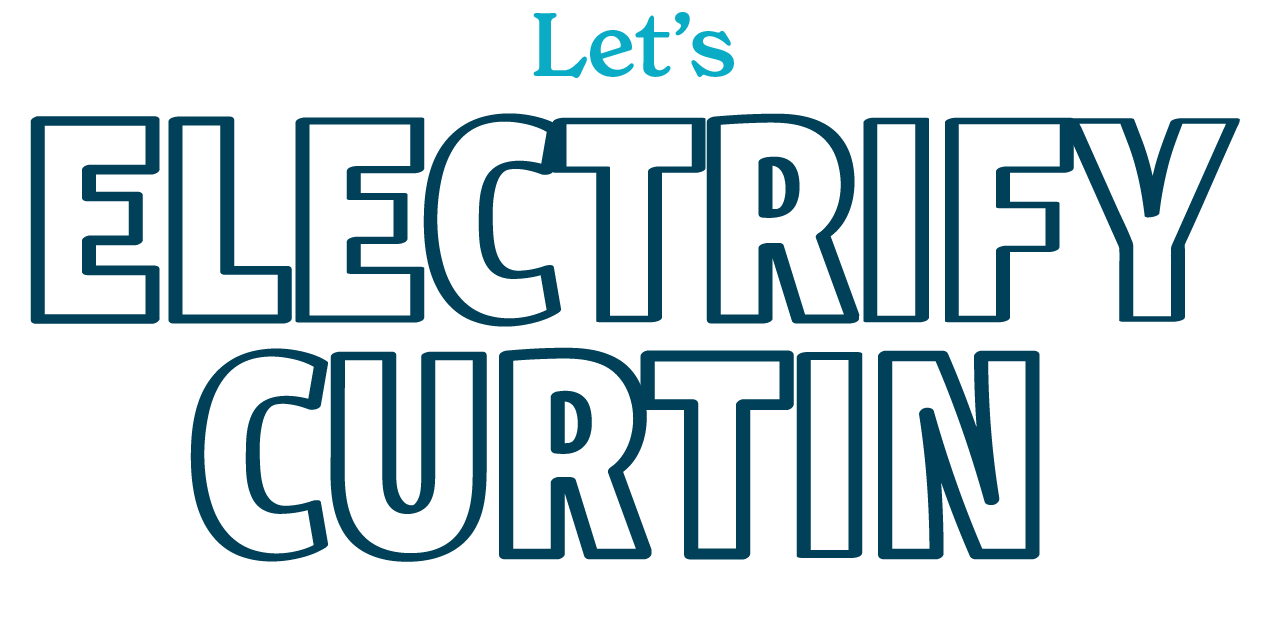GET OFF GAS
Electric heating, hot water and cooking.Make your home fossil fuel free
Getting to net zero means electrifying everything. In our homes, this means replacing fossil fuel gas appliances with clean electric alternatives.Gas heating for your water and home can be replaced by highly efficient heat pumps, or reverse-cycle air-conditioning powered by electricity. If you combine this with solar power on your roof, you’ll find that using air-con at the hottest parts of the day coincides with your peak solar generation. Win-win!
For eating, induction cook tops and electric ovens are an effective alternative to gas ovens and stovetops. Induction electric stoves can heat a pan to the right temperature faster than gas, and allow much greater control over temperature settings, and are much easier to clean. Best of all, it can be run on renewable electricity, from your roof or the grid.
Emissions reduction
Lower energy bills
Better health and indoor air quality
Fossil gas doesn’t just release greenhouse gas emissions. When burnt, or through leaking appliances, it also emits dangerous pollutants into your home, such as nitrogen dioxide, carbon monoxide, particulate matter and formaldehyde, increasing the risk of cancer and respiratory disease.
Research suggests 12% of childhood asthma could be due to gas cooktops.
BENEFITS
PLANNNING AND PRACTICALITIES
Plan ahead and make your next choice electric.Getting off gas is easiest done in stages. Take your time to plan ahead and decide on electric replacements for your gas appliances.
Even if you can’t upgrade immediately, you’ll be ready to go when current appliances need replacing.
When replacing water heating or adding a major new load to your existing switchboard, make sure you consult with a qualified plumber and electrician.
UNDERSTAND YOUR GAS USAGE
Check your most recent bills to find your ‘gas usage’ for a full 12 month period, as your usage may change across different seasons. e.g ‘68 units for 98 days’
The number of gas ‘units’ is equivalent to a kWh and can be considered as part of your household energy demands when installing a solar system.
PREPARE YOUR ‘GET OFF GAS’ PLAN
List out your gas appliances (hot water, stove, oven, heater, BBQ etc.)
Prioritise your appliances to be replaced over time.
Water heating is the second largest segment of household energy use (15% to 27%) and largest source of greenhouse gas emissions (up to 25%), so ideally start with your water heater.
Consider the ages of appliances and which may be close to the end of life.
Discuss with a qualified electrician (and possibly plumber) to understand your home set-up, e.g. 1 or 3 phase power to the house, the suitability of your switchboard and circuit limits.
If you can’t afford to make the switch immediately, it’s worth planning ahead to save up or switch the next time a gas appliance fails.
Compare and choose your alternatives, including purchase and installation costs. You can compare options through websites including Choice and Renew. Government websites like Energymadeeasy.gov.au and Energy.gov.au can help you understand the rating systems and know what to look for.
Make a list of what appliance you would prefer so you can choose quickly if your current equipment fails:
Hot water: Heat pump for hot water or solar hot water
Heater: electric heater / reverse cycle air con
Stove: induction stove top
Oven: electric oven
BBQ: electric BBQ
Set a timeline and action it!
REMOVING OLD APPLIANCES
When you obtain quotes for installing your new appliances, ask what the installer does with the old ones. The best option is for old appliances to go to a scrap metal recycler, not the tip.
Old air conditioners contain refrigerant which needs to be safely recovered by a licensed air conditioning technician. Some major retailers offer “take-back” services including removal of polystyrene packaging.
COSTS AND PAYBACK PERIOD
Although upfront costs can appear high, the changes will pay for themselves over time.
Electric appliances are more efficient and cost effective to run than their gas counterparts.
With solar panels, you’ll be able to run your appliances even more cheaply.
CLOSING YOUR GAS ACCOUNT
Once you’re fully off gas and wish to remove the service entirely from your property, you must cancel your account through your retailer. You do not need to have your gas meter removed in order to cancel your account.
By closing your gas account you might save more than $150 per year just for service and account charges.
Usually, existing gas lines can be shut off by a plumber as part of installing an electric alternative. You may wish to have your gas meter safely removed and the old unit recycled by a qualified installer.
RESOURCES
GOVERNMENT FUNDING
The Federal Government's new Household Energy Upgrades Fund can be used to electrify your home.Find out more at: Household Energy Upgrades Fund | energy.gov.au
HELPFUL WEBSITES
COMPARING YOUR OPTIONS
Hot water heat pumps
CONTRACTORS IN CURTIN
Hot water - evacuated tubes and solar
This is not a comprehensive list of contractors in or around Curtin, but an example of some businesses that our volunteers are familiar with. This is not an endorsement of any of these business by Kate Chaney MP or Electrify Curtin. Please do your own research to decide what’s best for you.



